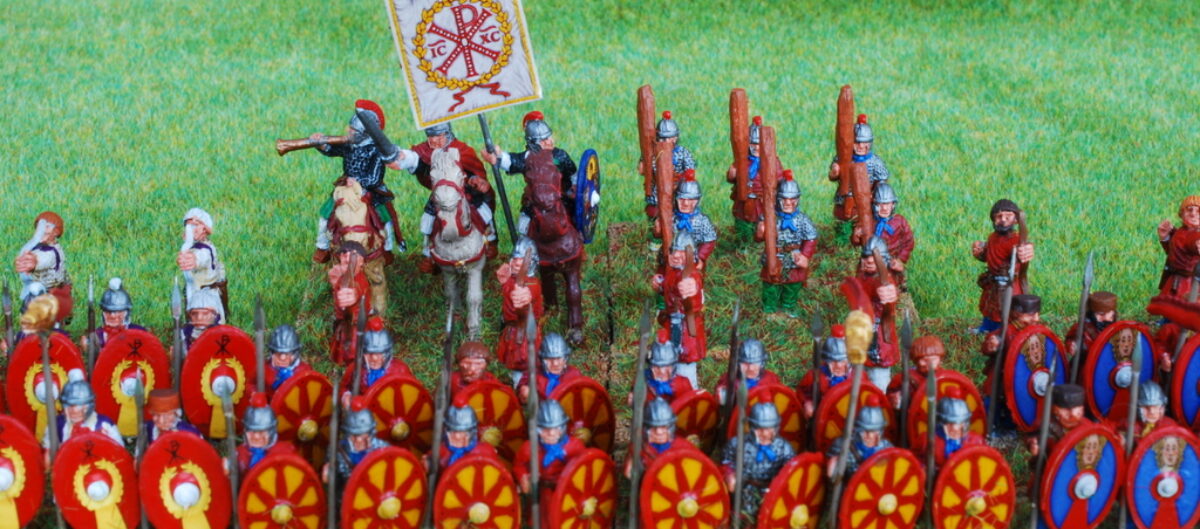Although these are actually earlier thoughts about how a magic system should work.
Combat systems in RPG are normally well honed, based on actual experience, and allow a number of rounds of sparring and gradual degredation of the enemy. In systems like RuneQuest, you have the opportunity to parry, and you can decide how much armour to wear in a trade-off between skill levels (modified by encumbrance) and protection.
Magic systems on the other hand tend to be much simpler (caveat here – I haven’t bought a new RPG in 20 years so they have probably moved on). What I am looking for is the tussle of power between two opponents as they strive overcome each other’s power. The touchstone is the scene in the Lord of the Rings (the book stupid, not the film) where Gandalf is trying to seal the door from the chamber of Marzabul (sp). To misquote – ‘…the counter spell was terrible and in the end the door was destroyed, along with part of the chamber…’.
This is what I want – the ability to start casting a spell, for the target to realise it and start casting a counter-spell, the for the original caster to increase the power and so on. As part of this there needs to be a separation between the amount of raw power that a caster has access to and their ability to control it, so there is the temptation to use more power and suffer the backlash. The use of magic should be instrinsically dangerous, especially with powerful spells.
It should also have some sort of moral hazard, because it normally does in fantasy literature. And this I think should be tied into how you obtain power. Magical power should be ubiquitous, but low density. An individual caster should have enough power to light a match. To cast powerful spells you need to concentrate power, and half of the magic system should be ways of doing this. At the moment, a number of schemes spring to mind:
1. Cast for a very long time – ritual magic, hours or days of chanting, requiring endurance rolls, as the power builds and builds.
2. Have many people casting – the metaconcerts of the Many Coloured Land or the ur-vile wedges of The Chronicles of Thomas Covenant. The interesting question here is whether the ultimate caster can handle it all.
3. Divine power – all the catsre does is open the gate and lets the power from the other side stream thorugh. If the source is not beneficent though who knows what else may come through.
4. Black magic – tap into the power of a thousand human sacrifices. This is the fast route to power, and therefore gives the players an essential moral dilemma and the chance for the NPC baddie to circumvent all the irritating PC restrictions.
